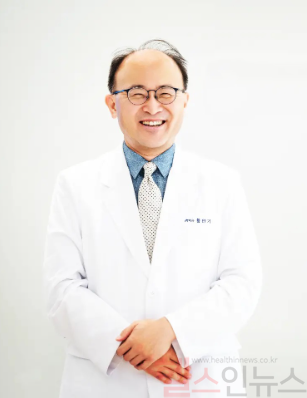In the Gospel of Matthew 2:11, the Magi present three gifts to the infant Jesus: gold, frankincense, and myrrh. Among these, frankincense and myrrh, revered for centuries in traditional medicine, are now recognized as key components of the so-called ‘Magi’s Herbal Formula.’ Research and clinical practice suggest they may help alleviate bruising, swelling, and inflammation following plastic or orthopedic surgery.
Frankincense, derived from the aromatic resin of the Boswellia tree, has been used in Northeast Asia for more than 1,800 years to help alleviate chronic inflammation and pain. In addition to its analgesic and anti-inflammatory effects, frankincense has been studied for potential benefits in reducing stress, anxiety, depression, and insomnia, leading to its reputation as an anti-stress herbal remedy. Its lack of side effects or dependency makes it a safe option for long-term use.
Myrrh, obtained from the dried sap of the Commiphora tree, was a prized substance in ancient times, notably used in Egyptian mummification as a natural preservative and mentioned 17 times in the Bible. Myrrh inhibits cyclooxygenase (COX), an enzyme responsible for prostaglandin production, delivering powerful anti-inflammatory and analgesic effects. It is also believed to promote blood circulation and support tissue regeneration, making it a useful adjunct in recovery protocols.

However, a common misconception in Korea is that pumpkin juice or tea can reduce bruising and swelling. In reality, there is no scientific evidence supporting these claims. Pumpkin-based drinks, derived from Cucurbita species, have not been shown to provide therapeutic benefits for post-surgical bruising or swelling and may even cause side effects in some individuals. The ‘amber’ traditionally linked with healing refers not to pumpkin, but to fossilized tree resin formed millions of years ago. Because amber is rare and costly, frankincense and myrrh are considered more practical and accessible options for supporting recovery.
In post-surgical recovery, prescriptions containing frankincense and myrrh are often recommended for a set period to manage bruising, swelling, and inflammation. These traditional remedies are known to support physical recovery and stress relief, though individual responses may vary. Consulting a healthcare professional before use is advised.
Kim Kuk Ju, HEALTH IN NEWS TEAM
press@hinews.co.kr


